Political right eyes gains in Sunday’s polls
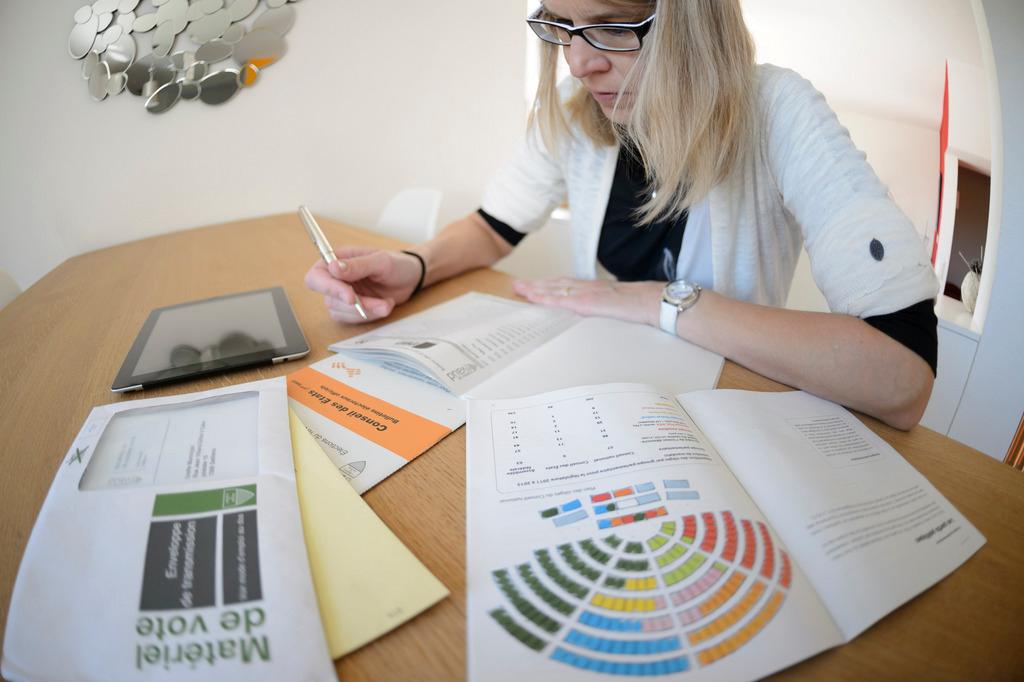
No major political shift is expected as the result of Swiss parliamentary elections on Sunday but the small gains parties on the right are forecast to make could have an impact on energy and social security policies, as well as the make-up of the cabinet.
At stake are the 200 seats in the House of Representatives and 45 out of 46 seats in the Senate. Final results for the house are expected on Monday, while the Senate race is unlikely to be decided in several cantons until run-off elections next month.
Most polls and forecasts see the two main parties on the right, the Swiss People’s Party and the Radicals, increasing their share of the vote, currently at 26.6% and 15.1% respectively.
The slight shift could come at the expense of the Greens as well as two small centrist parties. The latter were seen as winners in 2011.
The small gains and losses forecast mean there are unlikely to be massive changes in the balance of the make-up of the parliamentary chambers, according to senior political analyst Claude Longchamp of the leading GfS Bern research and polling instituteExternal link.
The following graphic shows the positions of the main seven political parties according to smartvote.ch voting advice platform.
Impact
However, a slight boost for the People’s Party and Radicals could slow Switzerland’s plans to phase out nuclear energy or to reform the state old age pension scheme in a bid to cut public spending.
The political pundits say a stronger rightwing camp might also try to block – or water down – decisions on ending Swiss banking secrecy or the automatic exchange of tax information, despite pressure on Switzerland from the international community.
However, it is unclear what impact possible losses suffered by centrist parties – and to some extent by the left – will have on the political debate over Swiss relations with the European Union.
Ties with the 28-nation bloc have reached a stalemate in the aftermath of voters’ approval in February 2014 to re-introduce immigration quotas for EU citizens.
Except for the People’s Party with its anti-European agenda, no other party appears willing to risk an end to crucial bilateral treaties with Switzerland’s main trading partner.
Elections to the House of Representatives take place every four years in October.
A record number of candidates are hoping to win a seat in one the 26 constituencies, including nearly 60 Swiss expatriates.
Women’s organisations have been pushing female candidates in an effort to boost Switzerland’s ranking in an international comparison of elected female members – currently 62 out of the 200 seats in the House of Representatives.
Voter turnout is expected to be around 49%, roughly unchanged from the last elections in 2011.
This appears to suggest that numerous posters, newspaper advertisements, social media campaigns and personal efforts by candidates have only had a limited impact.
Migration crisis
Critics have highlighted the virtual absence during campaigning of a debate on Switzerland’s future ties with the EU. This might also have been in the interest of the government, which is in exploratory talks with Brussels and individual EU member states to break the political deadlock.
The election campaign focused mainly on immigration due to the headlines of the Syrian refugee crisis with tens of thousands of migrants arriving in Europe.
Both the right and the left tried to benefit from the heightened media attention in Switzerland, even though the country has up to now not faced a mass influx of asylum seekers.
The public debate on social security, including a reform of the pension schemes and unemployment as well as the negative impact of the strong Swiss franc on the country’s economy was noticeably less visible.
Style over substance
This led several commentators to criticise the election campaigns as shallow, often putting populist gimmickry ahead of policy issues.
The prestigious Neue Zürcher Zeitung newspaper put it as “style over substance”.
For his part, commentator Daniel Binswanger in the popular weekly newspapers supplement, Das Magazin, advised readers to get the elections over with and hope for more or less reasonable debates about the really important policy issues afterwards. “This was impossible before,” he concludes.
Other commentators are less pessimistic. GfS Bern director Longchamp says a survey found the grassroots of parties to the right giving top marks to their party campaigns.
Finances
The People’s Party succeeded in grabbing most of the attention on this issue in the Swiss media, according to a survey by the Research Institute for the Public Sphere and SocietyExternal link at Zurich University.
A report by the Swiss Broadcasting Corporation (SBC) show the two main parties on the right being the top spenders by far.
The People’s Party and the Radicals paid about CHF 13.5 million towards advertising in the media and for poster campaigns over the past six months. This accounts for 74% of the total spending by all parties.
Based on figures by the market research institute, Media FocusExternal link, the campaign is likely to be the most expensive in Swiss history. Experts estimate total costs of up to CHF170 million ($179 million).
Cabinet seats
While political stability is widely expected to prevail after the elections, observers are not ruling out a change in the composition of the multi-party cabinet, which is chosen by parliament in December.
The People’s Party has claimed a second seat in the seven-member government based on the share of vote and its position as the biggest party.
It had lost it its second seat in an internal political dispute in 2007, when it excluded some party members who later founded a centrist group, the Conservative Democrats.

In compliance with the JTI standards
More: SWI swissinfo.ch certified by the Journalism Trust Initiative


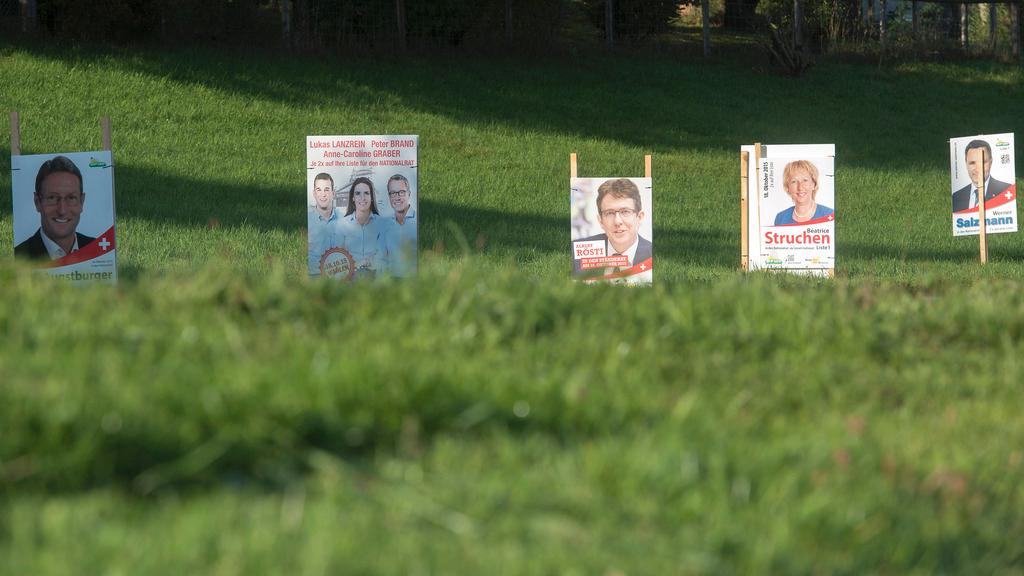
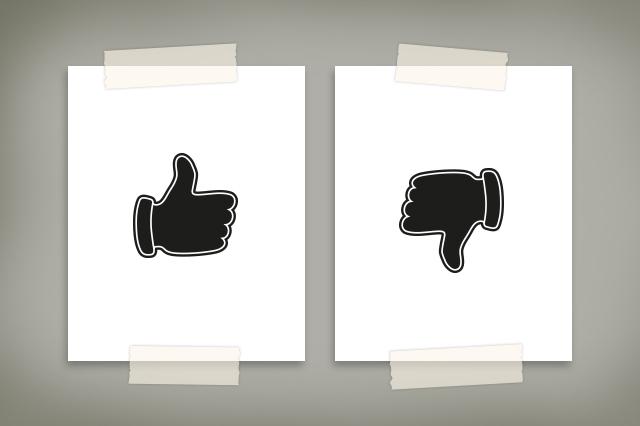
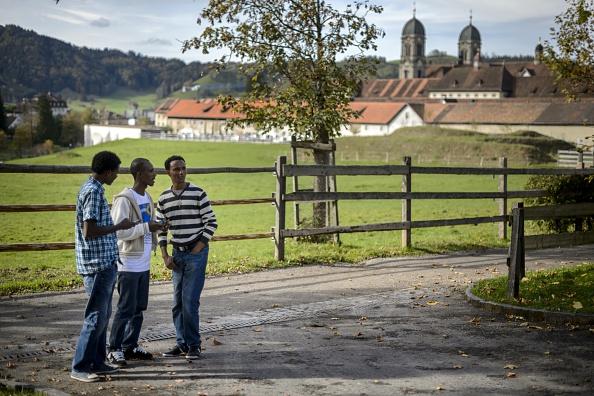
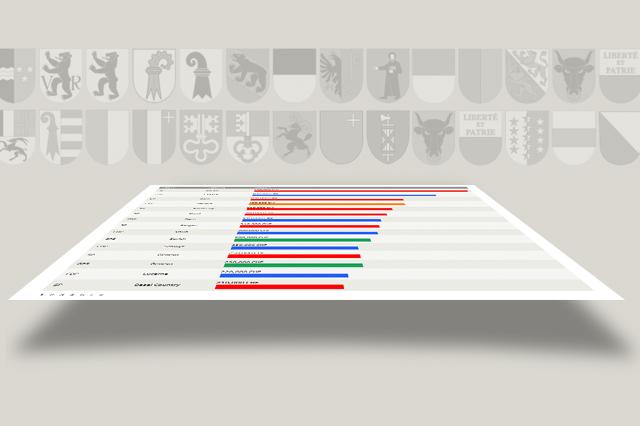
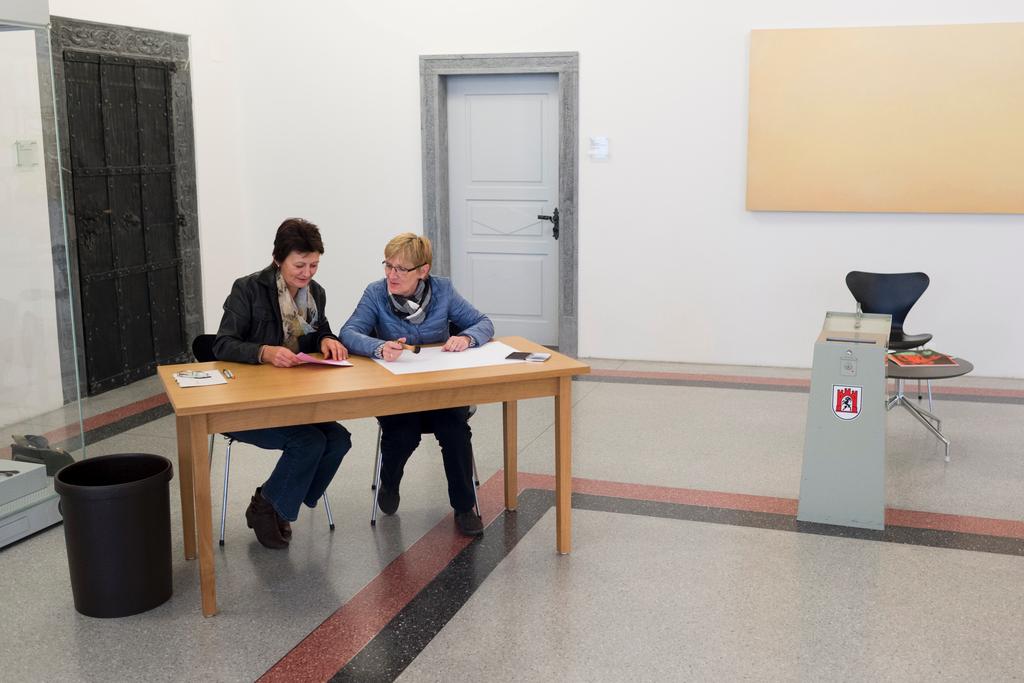
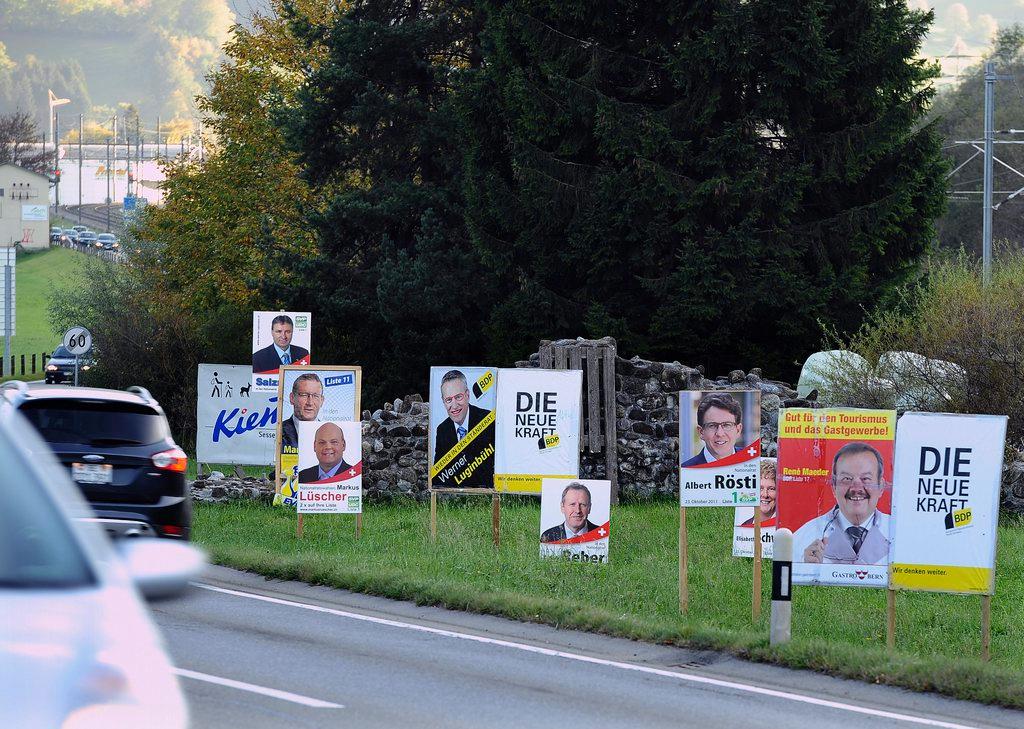
You can find an overview of ongoing debates with our journalists here. Please join us!
If you want to start a conversation about a topic raised in this article or want to report factual errors, email us at english@swissinfo.ch.